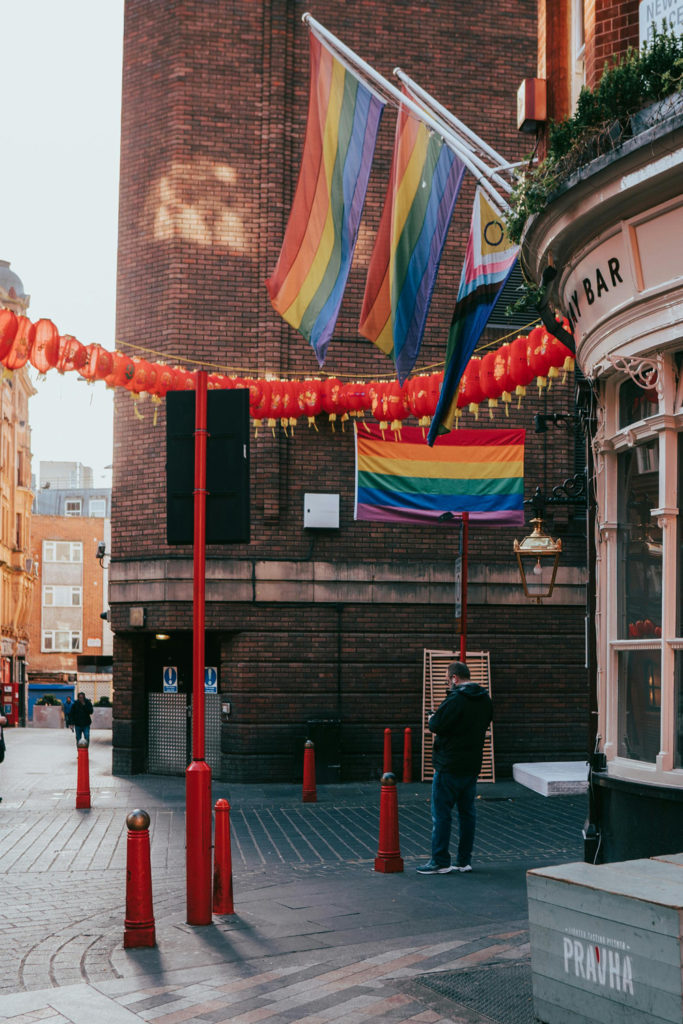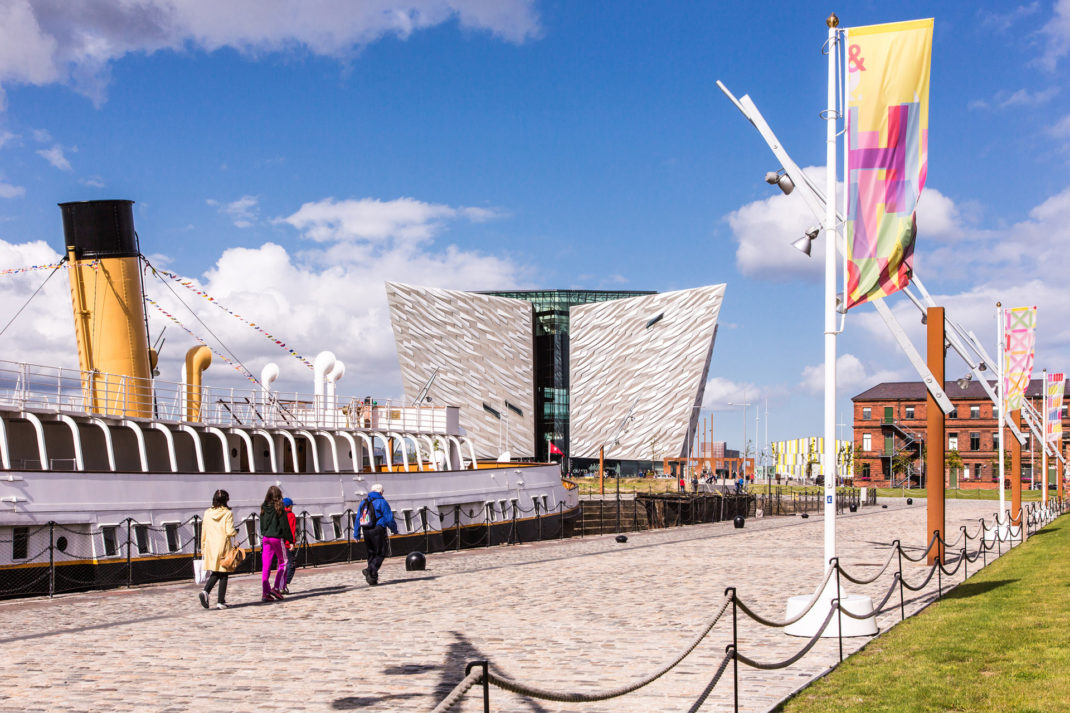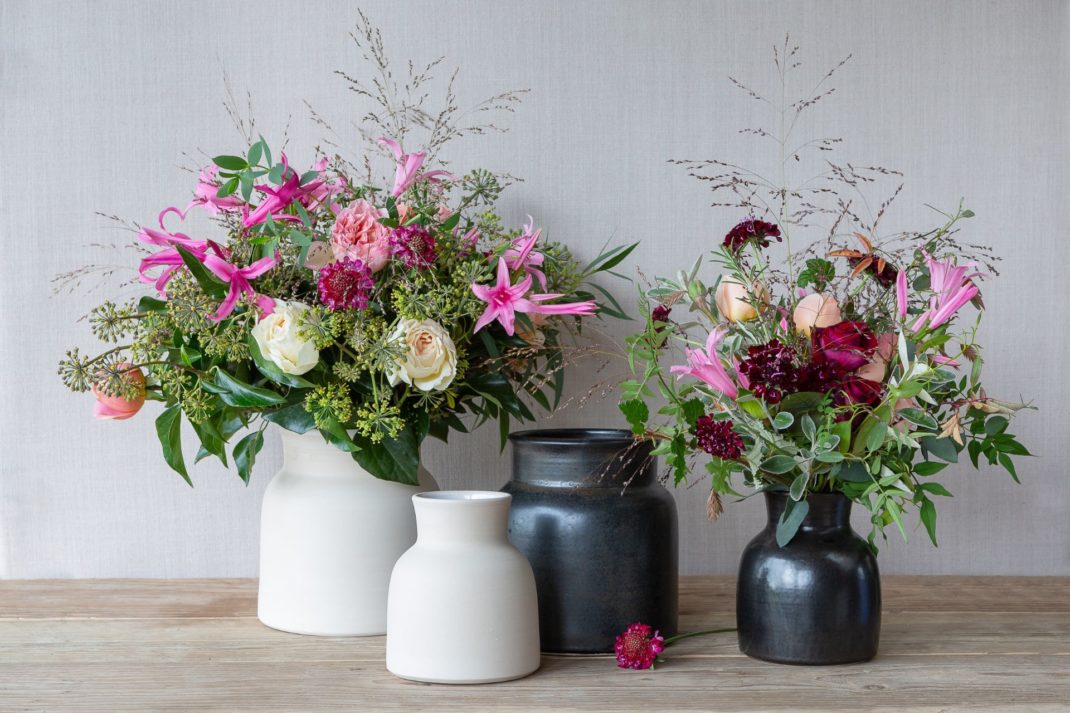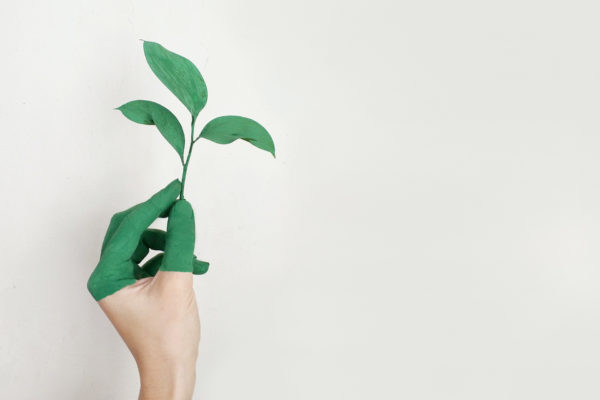The Green Coach: Are Our Plastic-Cutting Habits Pointless?
By
2 years ago
This month Lucy Johnson delves into the perennial plastic problem
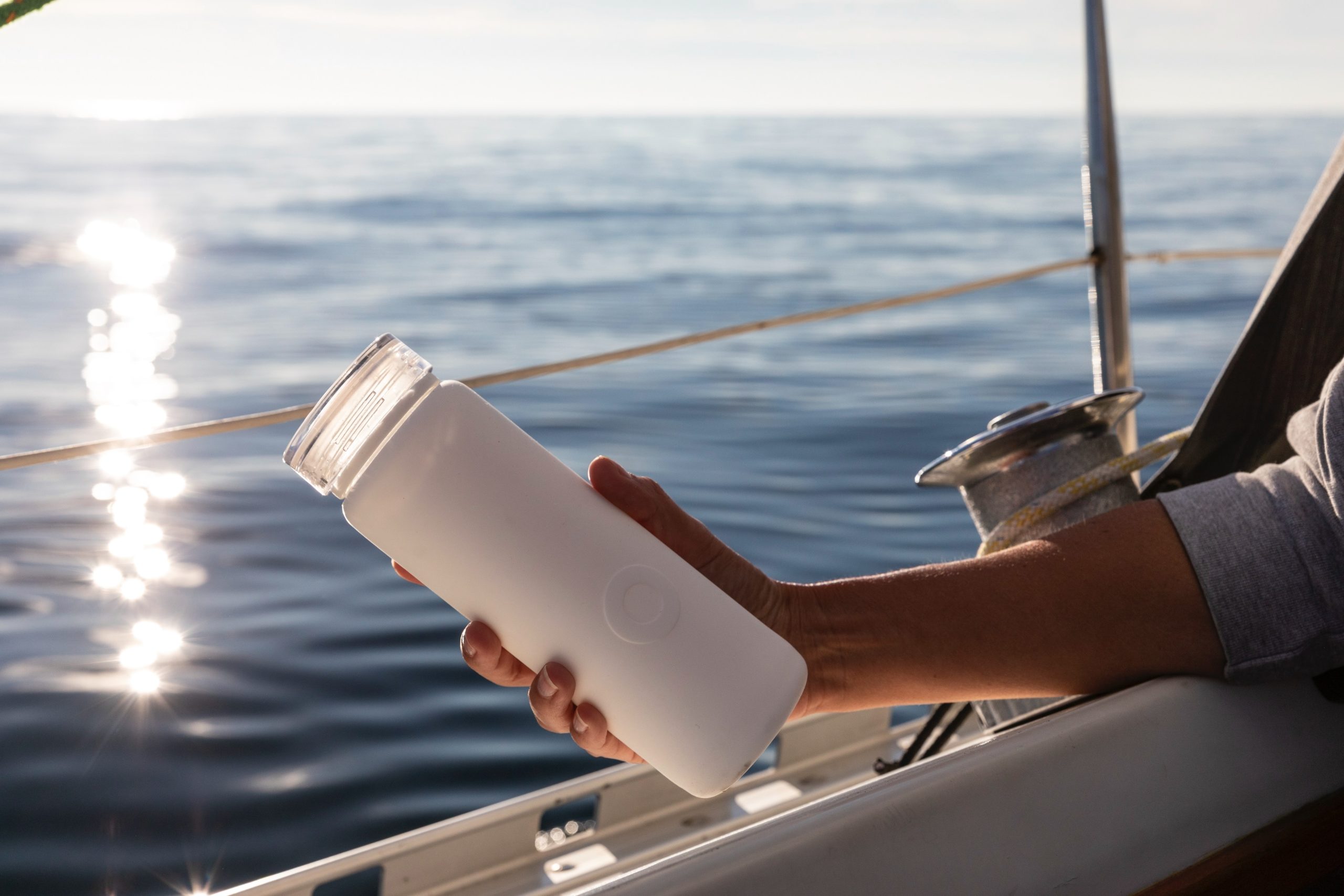
Ever been hit by eco-guilt for buying plastic-wrapped food? Or felt eco-confused over whether an aluminum can or a glass bottle was greener? In our monthly Green Coach column, Lucy Johnson, psychotherapist and founder of sustainable lifestyle consultancy Green Salon, will be tackling all our biggest questions and confessions about the complexities of living a greener life. Up this month: are our plastic-cutting habits pointless?
The Green Coach: Plastic Overload
Dear Lucy,
During my holiday in Europe this summer I was shocked by how normalised single-use plastic was out there. Straws, carrier bags, polystyrene takeaway boxes, plastic cutlery, plastic water bottles galore. It made the efforts I make at home to live a low-waste, eco-conscious lifestyle feel insignificant. Is there any point?
Georgia
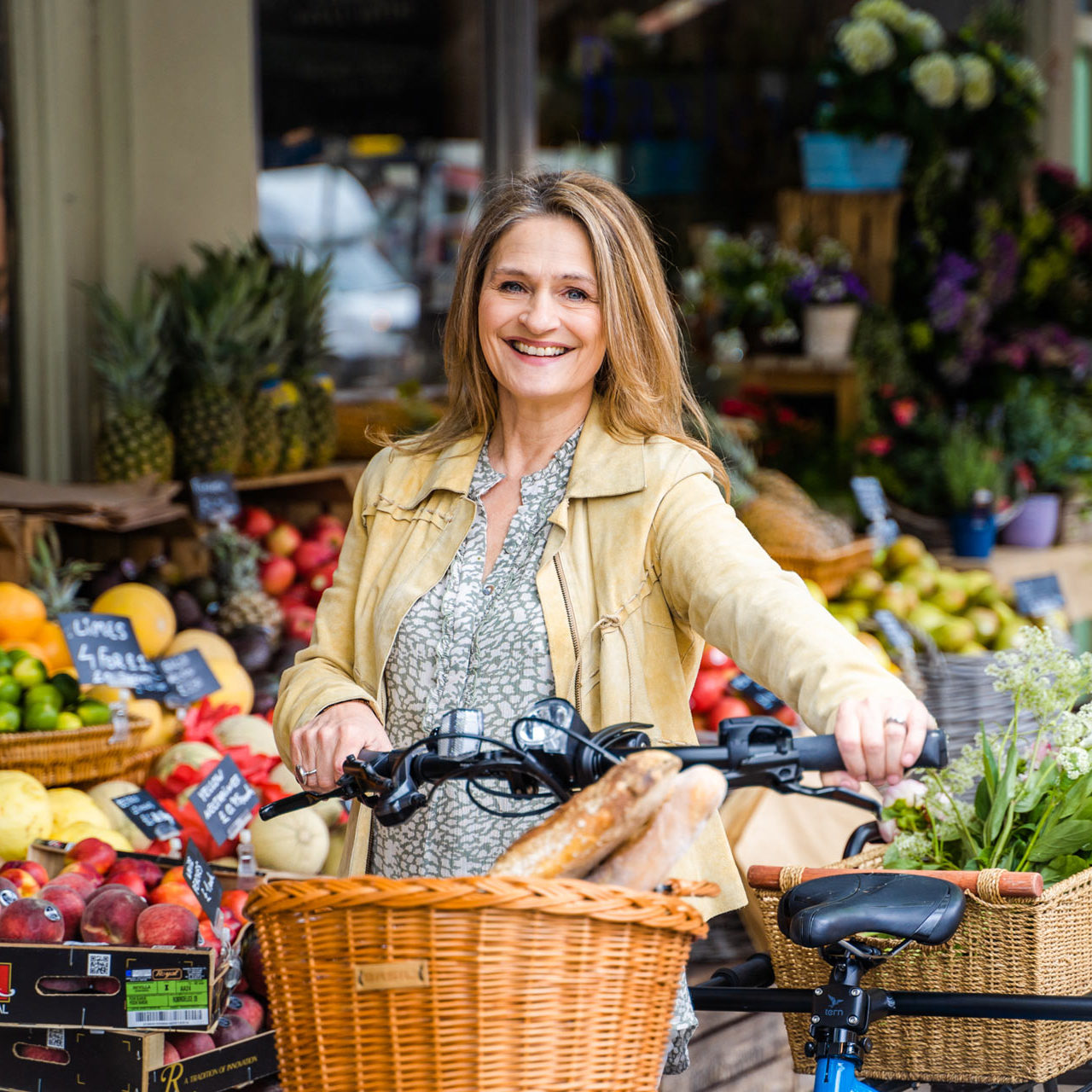
Lucy Johnson, by Vicki Knights
Dear Georgia,
I absolutely understand. It’s not what you dream of when you’re going on holiday and then find yourself stepping into a sea of single-use plastics, especially when you’re working so hard to cut your plastic use at home. It can feel profoundly demoralising.
It can seem particularly depressing when you think that Europe is actually ahead of the UK in terms of anti-plastic legislation. Its ban on single-use plastic items came into effect in 2021 and includes most of the items you saw on your travels.
However, in this case, it might be helpful to understand what psychologists call the availability heuristic, which is our tendency to overestimate the extent of something based on how much of it we see or how easily it comes to mind. While you obviously saw loads of single-use plastic floating about on your holiday, in actual fact no European country comes close to the UK in terms of single-use plastic waste per capita.
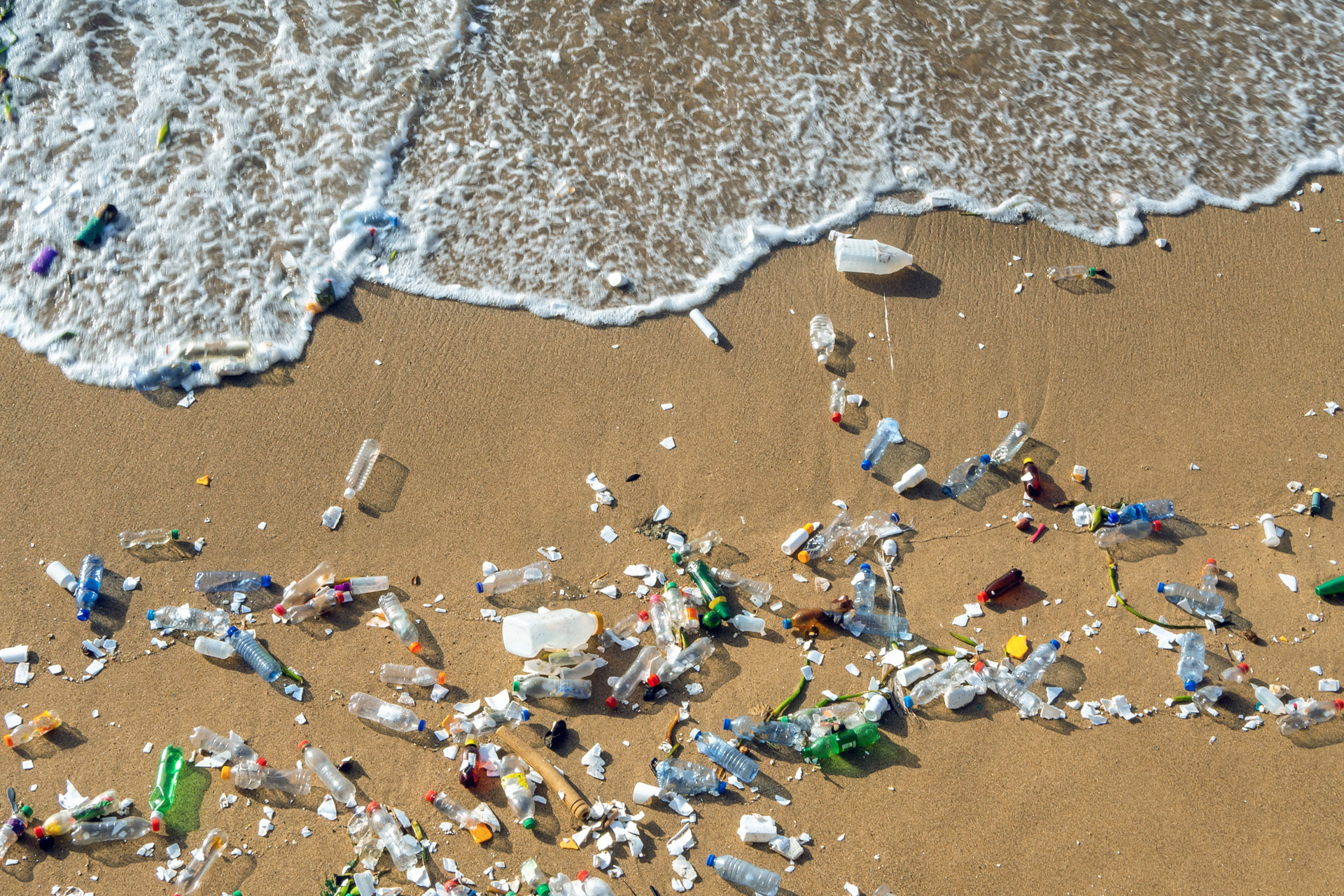
Getty Images
You don’t say where you were on holiday, but countries like Spain have begun to enact fairly robust anti-plastic legislation but they have a lousy recycling system – and, culturally, a pretty laissez-faire attitude towards recycling and the environment in general. So there can be a depressing amount of single-use plastic rubbish on show, but less of it being produced in the first place. And because all we see is the rubbish, it leaves us feeling that there’s just so much of it, what’s the point?
Ironically, this is exactly the point. It’s eco-conscious individuals like you and many millions more like you around the world whose choices are having an impact.
In the UK, where we also have a sub-par recycling system, each time you choose a refillable alternative that is one less single-use plastic item adding to the mountain of plastic waste. As the number of people doing that adds up, it sends tiny pulses of information about what consumers want to businesses – and what voters want to governments.
This is putting pressure on companies to speed up finding replacements for single-use plastic, and governments to enact legislation. And in the UK, that is now working. In October, the government will ban all single-use plastic plates, trays, bowls, cutlery, balloon sticks, and certain types of polystyrene cups and food containers. Just this legislation will eradicate the nearly 2.7 billion items of single-use plastic cutlery – enough to encircle the world eight and a half times – we use in England every year.
It also creates a ripple effect amongst your friends, colleagues and families, who notice that you’re rocking the low-waste lifestyle with the beautiful new Mason jars in your home for your refillable pantry staples and think they’d like some of that themselves.
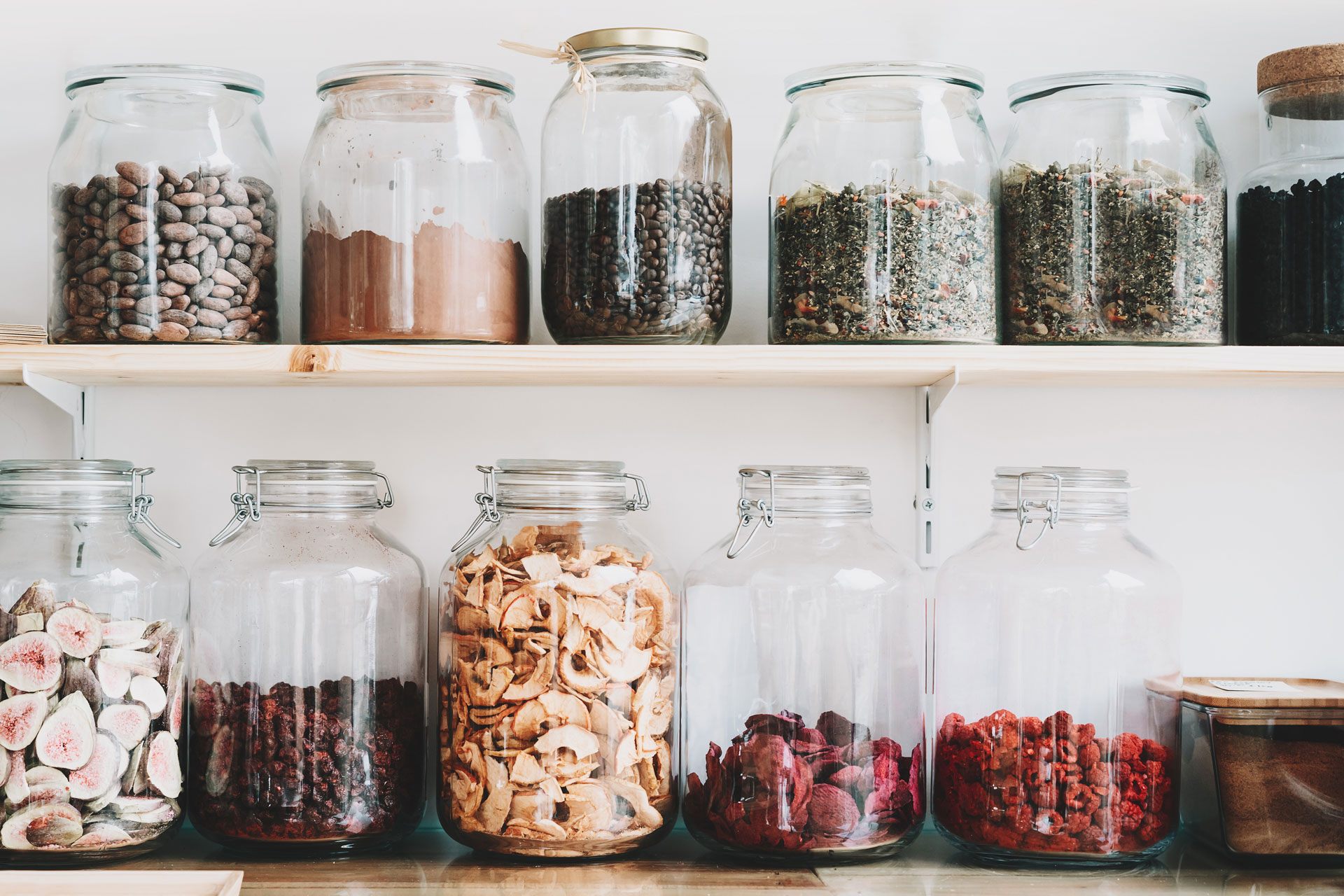
Getty Images
I understand, though, that change can feel painfully slow and there are times like your unfortunate holiday experience when it all feels pointless. But if you look at the awareness that is growing, the innovative companies that are creating easy refillable options for all your home products and bio-based alternatives to plastic, and the plastic laws that are coming into effect, perhaps it can help you feel motivated to carry on.
And, just as an extra boost, the United Nations has announced it will have a legally-binding global agreement to ban plastic pollution in place by next year.
So in a few years time, when you go on holiday you may find that the plastic tide is finally turning.
Lucy

